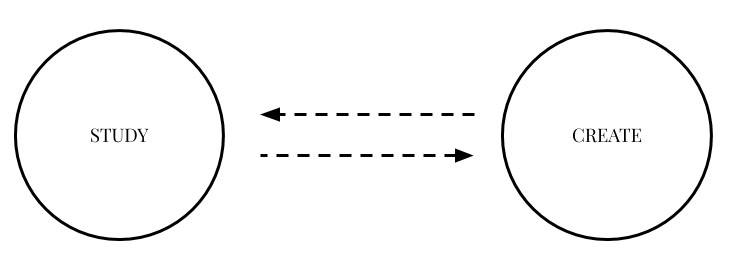Do you feel like you can remember things better when you actively engage with the information and create your own version of it?
That’s called the Generation Effect. In a research paper published in 1978 in the Journal of Verbal Learning and Verbal Behavior, scientists described it as the phenomenon where information is better remembered if it is actively created from one’s own mind rather than simply read in a passive way.
To this day, researchers are still not quite sure how the generation effect actually works.
Some think creating your own material based on what you want to learn may activate your semantic memory, which is the general world knowledge that we have accumulated throughout our lives, such as facts, ideas, and concepts.
Others think that the process of generating content may initiate some particular encoding processes that do not happen when simply reading.
Another theory is that actively manipulating new information may create relationships between each item, facilitating the retrieval of information when it’s needed.

Whatever the origin of the Generation Effect, it has been shown to help a lot when it comes to learning and remembering information.
How can you use it in your day-to-day life?
- After you’re done reading a blog post, go to another tab or open your notebook and try to write a few bullet points about the content, from memory.
- If you’re learning how to code, try to read a tutorial in a focused way, then apply what you learned without looking at the tutorial. Only check the tutorial when you feel stuck.
- When trying to memorise anything, ask a friend to quiz you so you can generate your own answers. Or create your own flashcards to test yourself.
In the end, it all boils down to active versus passive learning. Spending a few minutes actively producing content may just be the thing you were missing in your learning routine.
